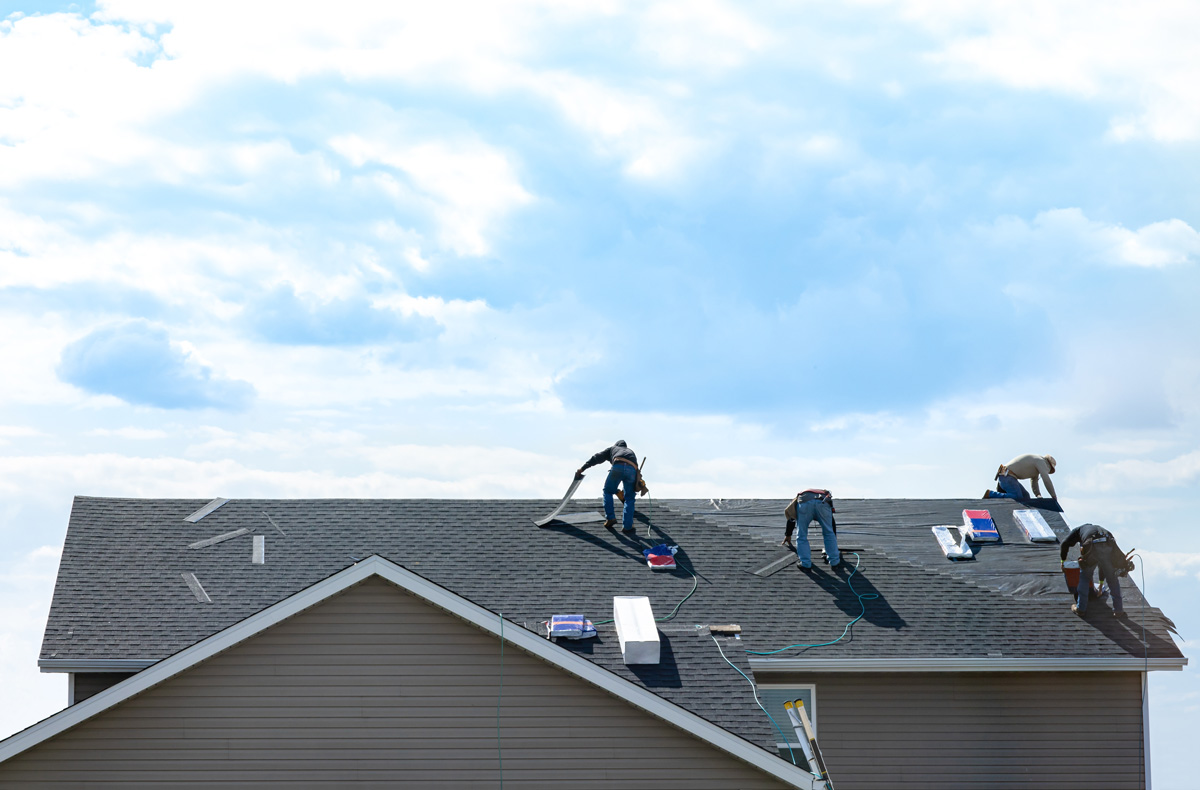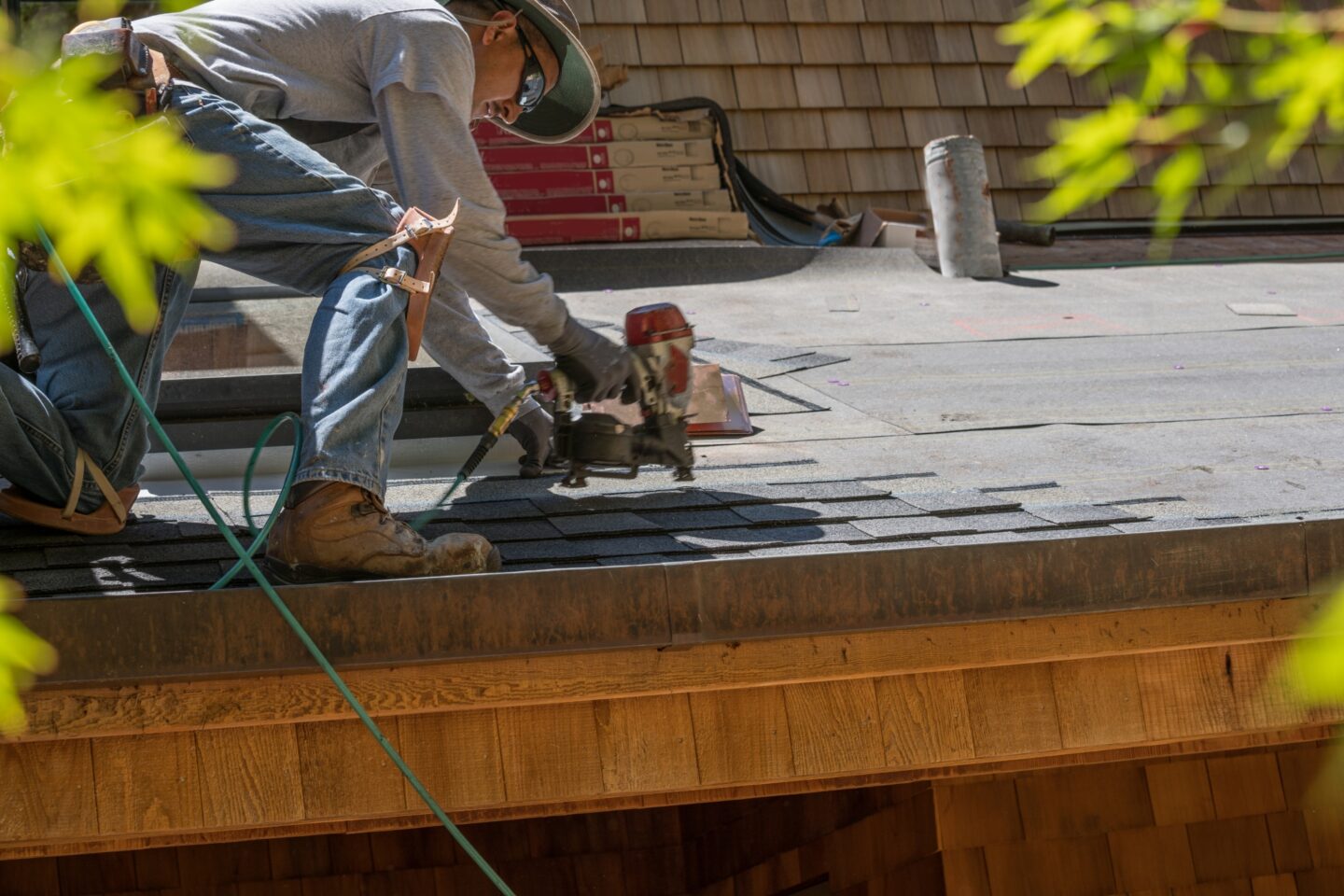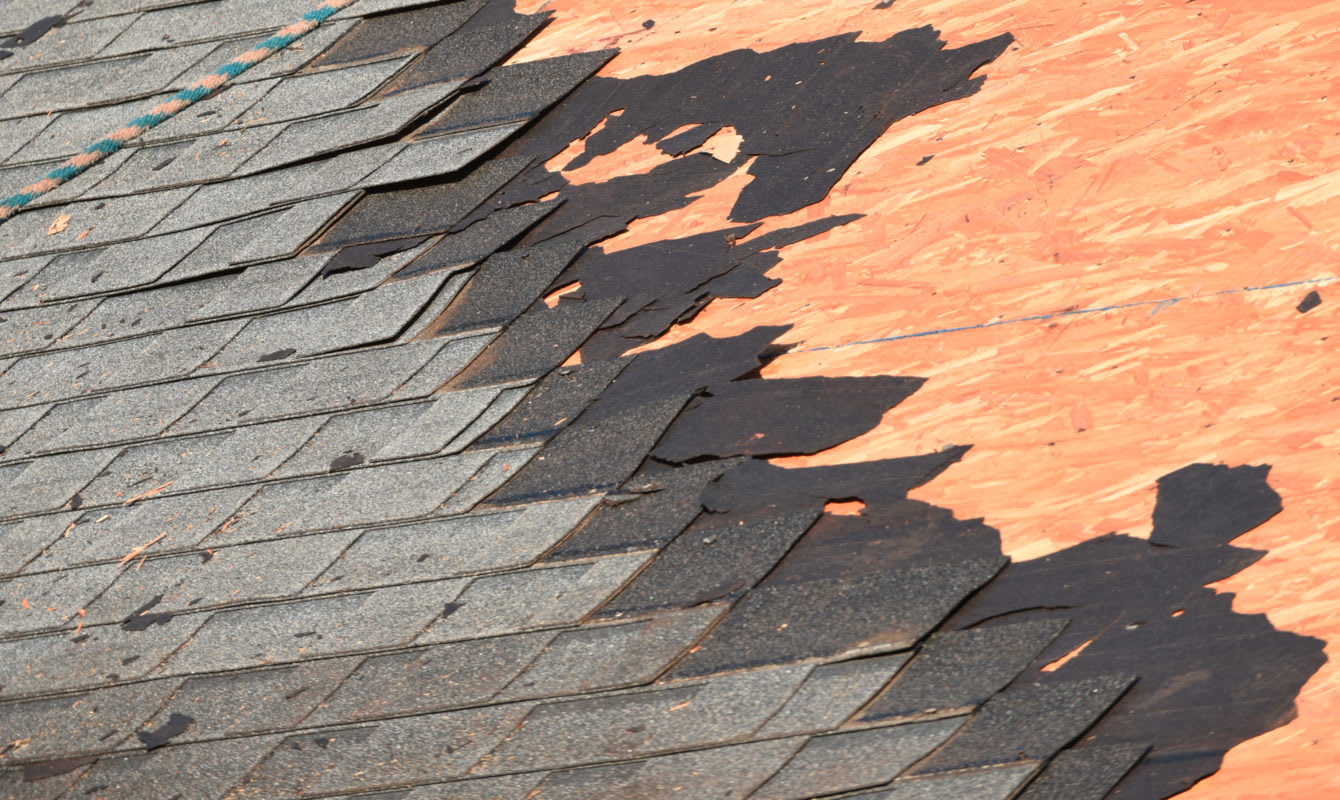Top Quality Roofing Substitute Options for Your Residential Needs
When it pertains to making sure the long life and defense of your home, choosing the best product for your roof covering substitute is vital. With a myriad of options offered in today's market, ranging from typical asphalt roof shingles to more contemporary artificial roof products, it can be an overwhelming task to browse with the selections. Each material provides its special set of advantages and considerations that should be considered carefully to suit your residential demands. Making an educated decision based upon elements such as toughness, looks, and upkeep requirements is important for an effective roof covering replacement job. Allow's explore the different high quality roofing substitute options offered and explore the crucial features that make them attract attention for your home.

Asphalt Shingles
When considering roof covering replacement choices for your home, one prominent option is asphalt roof shingles, recognized for their resilience and price. Asphalt roof shingles are a functional roof covering material offered in a vast array of colors and styles to complement any kind of architectural style (roof replacement austin texas). They are relatively very easy to install, making them an economical alternative for property owners looking to boost both the visual charm and performance of their roofings
Among the main benefits of asphalt shingles is their resilience. They can stand up to severe weather problems, including heavy rainfall, solid winds, and even hail, supplying dependable protection for your home. Additionally, asphalt tiles call for very little maintenance, aiding to decrease long-lasting maintenance costs.

Metal Roof
One alternative to asphalt shingles for home owners looking for a lasting and sturdy roofing option is steel roof covering. Metal roofings have gained appeal in the household field because of their extraordinary toughness, longevity, and low upkeep demands. Usually made from products such as copper, aluminum, or steel, metal roofing systems use premium defense versus harsh weather, consisting of hefty rainfall, snow, and high winds.

Furthermore, steel roofs come in a variety of colors and designs, enabling house owners to select a choice that complements the aesthetic of their home. While the initial cost of steel roofing may be greater than conventional asphalt shingles, the long-term advantages, consisting of boosted property value and minimized upkeep expenditures, make it a rewarding financial investment for home owners searching for a high-grade roofing service.
Clay or Concrete Shingles
Renowned for their longevity and classic appeal, clay or concrete tiles provide property owners a resilient and visually pleasing roofing option. Clay ceramic tiles, usually in terracotta shades, provide a timeless appearance that improves the curb allure of properties. These tiles are resistant to mold, mold, and fire, making them a low-maintenance option for house owners looking for durability. Concrete tiles, readily available in various colors and styles, resemble the appearance of typical clay ceramic tiles while using increased toughness and weather condition resistance (roof replacement austin). Both clay and concrete tiles are known for their power efficiency, helping to maintain homes cooler in hot environments and reducing energy prices gradually.
When thinking about clay or concrete ceramic tiles for a roofing substitute, house owners need to be mindful of the weight of these materials. These ceramic tiles are heavier than a few other roofing options, so it's vital to ensure that the framework of the home can support the included weight. In addition, expert installation is important to maximize the lifespan and performance of clay or concrete tile roofings.
Wood Shake or Roofing Shingles
Clay or concrete ceramic tiles supply property owners with a long lasting and visually pleasing roof covering choice; in a similar way, timber shake or roof shingles provide a rustic appeal and natural charm to homes. Wood tremble roofings are handcrafted from cedar, redwood, or pine, offering a typical and distinct appearance to homes. They are known for their resilience and capacity to hold up against extreme weather problems. Timber shingles, on the various other hand, are thinner and cut into accurate shapes to create an extra consistent appearance on the roof. Both wood shake and shingles provide exceptional insulation properties, aiding to reduce and manage interior temperatures power costs.
They are biodegradable, eco-friendly, and add to a healthier setting contrasted to various other roof materials. Routine inspections and therapies can prolong the life-span of a wood shake or shingle roof, guaranteeing its long life and appeal for years to come.
Artificial Roof Products
Synthetic roof covering materials have actually gained this appeal recently as a result of their toughness and convenience in providing resilient protection for domestic and industrial homes. These products are designed to mimic the look of typical roofing materials such as clay, wood, or slate tiles while providing improved performance and longevity.
One prominent choice in the realm of synthetic roofing products is artificial slate. Made from a mix of engineered polymers and recycled rubber, synthetic slate provides the aesthetic allure of all-natural slate at a portion of the expense. It is lightweight, resilient, and resistant to cracking, fading, and moisture, making it a perfect choice for homeowners seeking a low-maintenance roof covering option.
One more common artificial roof material is synthetic timber trembles. These shakes are anchor typically crafted from recycled plastics and rubber, providing the timeless look of wood drinks without the disadvantages of decaying, bending, or insect damages. Synthetic timber trembles offer superb longevity and weather condition resistance, making them a durable and sustainable roofing option for properties.
Conclusion
Finally, there are a number of quality roofing replacement alternatives offered for residential requirements, consisting of asphalt roof shingles, steel roof, clay or concrete floor tiles, wood shake or tiles, and synthetic roof covering materials. Each alternative provides one-of-a-kind benefits and factors to consider that must be meticulously reviewed before choosing. It is necessary to seek advice from a specialist roofer to establish the very best choice for your details needs and budget plan.
With a myriad of alternatives available in today's market, ranging from standard asphalt tiles to more contemporary artificial roof covering products, it can be a difficult job to browse through the choices.In terms of cost, asphalt roof shingles are economical contrasted to various other roofing materials like metal or ceramic tile.One option to asphalt roof shingles for home owners looking for a durable and long-lasting roof alternative is metal roof covering.Clay or concrete ceramic tiles give home owners with a long lasting and visually pleasing roof option; in a similar way, timber shake or tiles supply a rustic beauty and natural appeal to residential properties.In conclusion, there are several top quality roof best site substitute alternatives readily available for property requirements, including asphalt shingles, metal roof covering, clay or concrete floor tiles, timber shake or roof shingles, and synthetic roof covering products.